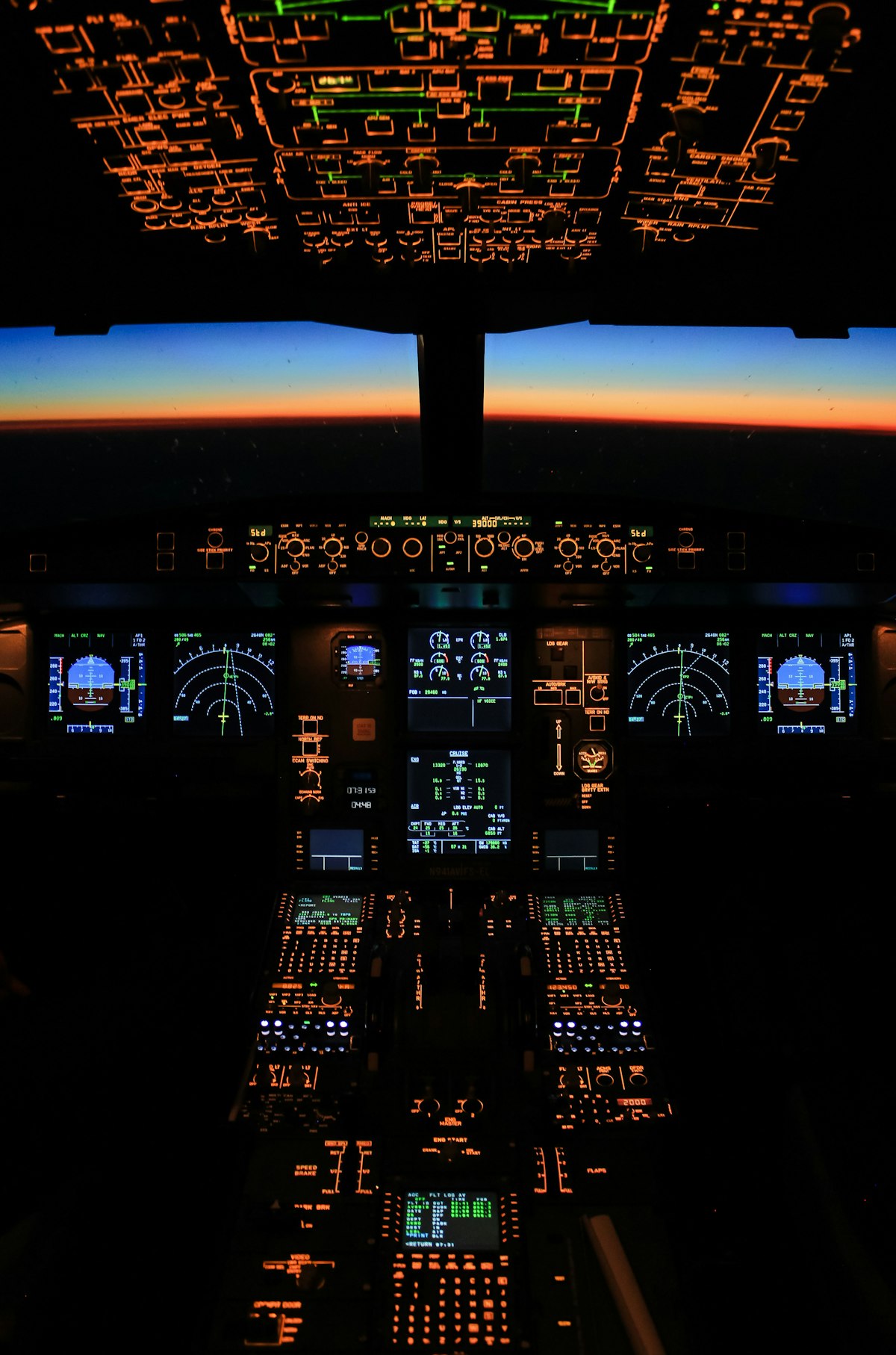FAA Dispatcher License
FAA Dispatcher License: Everything You Need to Know
Aircraft dispatcher certification has gotten complicated with all the changing requirements and training options flying around. As someone who researched this career path thoroughly, I learned everything there is to know about the FAA Dispatcher License and what it takes to earn one. Here’s the real deal.

What Does a Dispatcher Actually Do?
Probably should have led with this section, honestly. Dispatchers share joint responsibility with the pilot in command for flight safety. That’s not a ceremonial title — it’s a legal obligation. They plan flights, assess weather, analyze aircraft performance, and make real-time decisions during operations. If a pilot and dispatcher disagree on whether a flight should go, the flight doesn’t go. That’s how much weight this role carries.

Who Can Apply?
The eligibility requirements are straightforward:

- Be at least 23 years old
- Read, speak, write, and understand English
- Have a high school diploma or equivalent
- Complete an FAA-approved dispatcher training program
No college degree required, though having one doesn’t hurt. The barrier to entry is lower than many people assume, which is part of what makes this an attractive aviation career for people who don’t want to spend years in a cockpit.
The Training
That’s what makes dispatcher training endearing to us aviation enthusiasts — it covers an incredible breadth of material in a compressed timeframe.

Classroom Work
You’ll study meteorology, air traffic control procedures, FARs, navigation, and emergency protocols. It’s dense material but fascinating if you’re genuinely interested in how airline operations work behind the scenes. I’ve talked to dispatchers who say the weather training alone changed how they understand the atmosphere.

Practical Training
Beyond theory, you participate in simulated dispatch operations using real-time data. You’ll make operational decisions under pressure — rerouting flights around weather, calculating fuel requirements, coordinating with (simulated) pilots. This hands-on work is where most people realize whether they’re cut out for the role.

The Exams
You’ll face the FAA Aircraft Dispatcher Knowledge Test first. Then comes the practical test — oral questioning plus real-world simulation scenarios. Both are challenging, but completable if you’ve taken the training seriously.

Day-to-Day Responsibilities
On the job, dispatchers handle:

- Building flight plans based on weather, traffic, and aircraft performance
- Coordinating with pilots throughout their flights
- Communicating with ATC and ground operations
- Making time-sensitive operational decisions
- Ensuring regulatory compliance and safety protocol adherence
It’s a job that combines analytical thinking with communication skills. You need to process a lot of information quickly and communicate decisions clearly to multiple stakeholders.
Why It Matters
Dispatchers are the safety net behind every commercial flight. Their informed decisions affect every phase of operation — from gate to gate. When things go wrong (weather diversions, mechanical issues, airspace closures), dispatchers are the ones coordinating the response in real time. It’s high-stakes work that directly impacts passenger safety.

The License Is Permanent (With a Catch)
Once issued, the FAA Dispatcher License doesn’t expire. But — and this is important — dispatchers must stay current. Airlines require recurrent training to ensure their dispatchers know the latest procedures, regulations, and technologies. The license gets you in the door; staying competent keeps you employed.

Career Paths
The license opens several doors:

- Airline Operations Dispatcher
- Flight Operations Manager
- Aviation Safety Inspector
- Operations Control Center Supervisor
What’s the Pay Like?
Entry-level dispatchers typically start around $40,000-$50,000 annually. With experience at a major airline, salaries can exceed $100,000. Location, airline size, and seniority all factor in. It’s not pilot money, but it’s a solid income for a career that doesn’t require a college degree.

My Take
If you’re passionate about aviation but don’t want to fly, dispatching is one of the best career paths available. The training is rigorous but manageable, the work is genuinely important, and the career progression is solid. Do your research, find a good training program, and commit to learning the material. The investment pays off.
